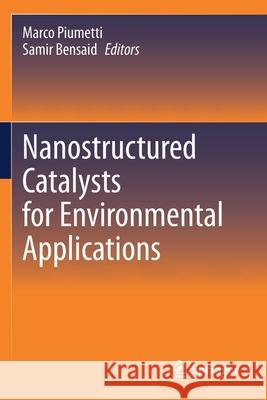Nanostructured Catalysts for Environmental Applications » książka
topmenu
Nanostructured Catalysts for Environmental Applications
ISBN-13: 9783030589363 / Angielski / Miękka / 2022 / 448 str.
Nanostructured Catalysts for Environmental Applications
ISBN-13: 9783030589363 / Angielski / Miękka / 2022 / 448 str.
cena 603,81
(netto: 575,06 VAT: 5%)
Najniższa cena z 30 dni: 578,30
(netto: 575,06 VAT: 5%)
Najniższa cena z 30 dni: 578,30
Termin realizacji zamówienia:
ok. 16-18 dni roboczych.
ok. 16-18 dni roboczych.
Darmowa dostawa!
Kategorie:
Kategorie BISAC:
Wydawca:
Springer
Język:
Angielski
ISBN-13:
9783030589363
Rok wydania:
2022
Ilość stron:
448
Waga:
0.62 kg
Wymiary:
23.39 x 15.6 x 2.31
Oprawa:
Miękka
Wolumenów:
01
Dodatkowe informacje:
Wydanie ilustrowane











